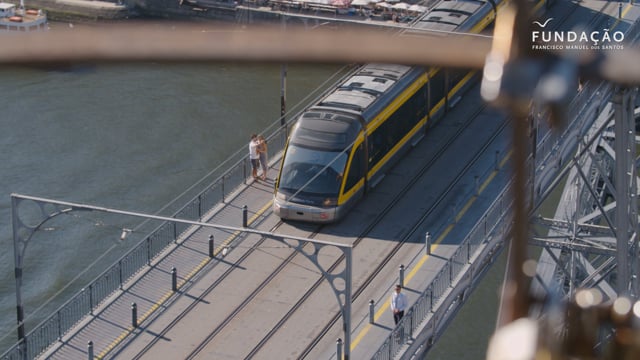
Continuity and Change in Public Policy in Portugal (1976–2020)
In Portugal, there exists a widespread perception that public policies change frequently – a perception that can undermine public trust in institutions and weaken support for the democratic regime. This narrative is not only shaped by the media and amplified by public opinion; it is also a concern shared by holders of political office.
In light of this, evaluating the degree of continuity and change in public policies becomes crucial. Three key indicators that signal shifts in political choices made by governments are: budgets, reorganisation of public bodies and appointment of senior civil servants to top-level administrative positions.
This groundbreaking study analyses the development of these three instruments over 44 years of democracy (1976–2020). It seeks not only to map the cycles of stability and change, but also to understand the factors driving them.
Despite the widespread perception of instability, the data reveal a trajectory characterised by continuity. The analysis finds that public policies in Portugal have remained largely stable, presenting only gradual changes over time. The most significant shifts tend to coincide with periods of economic crisis, key phases in European integration and changes in government.









